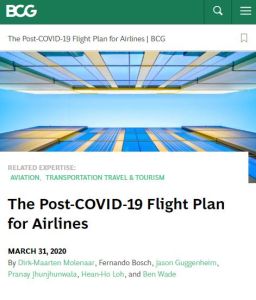
Recommendation
Following the terrorist attacks on September 11, 2001, the airline industry found ways to help passengers feel safe enough to take to the skies again. During SARS and other epidemics, the infection rate was limited enough that the airline industry pulled through. But the COVID-19 pandemic is a new sort of crisis: a world-wide shut down, during which staying in place is not only seen as an act of self-preservation, but also as a collective moral victory. How can airlines thrive in a post-pandemic world? In this special report, the Boston Consulting Group takes stock of various recovery scenarios, and outlines the opportunities currently available to airlines.
Summary
About the Authors
Dirk-Maarten Molenaar and Fernando Bosch are Managing Directors & Partners in the Boston Consulting Group’s Amsterdam office. Jason Guggenheim is a Senior Partner and a Travel & Tourism Global Leader, Pranay Jhunjhunwala and Ben Wade are Managing Directors & Partners in London, and Hean-Ho Loh holds the same position in Singapore.


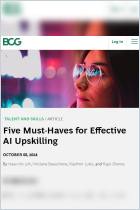
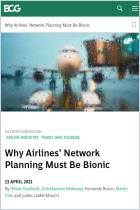
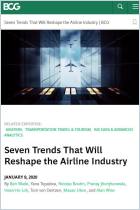
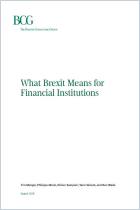
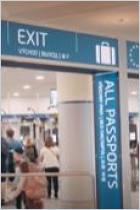
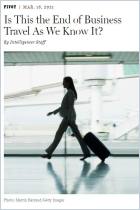
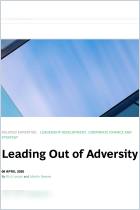
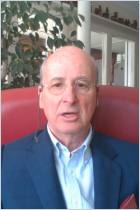
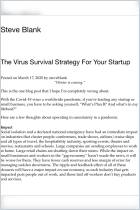
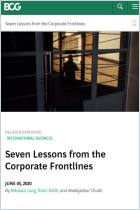


Comment on this summary